A special 175th birthday wish for Wisconsin from its longest serving governor
There is no place like Wisconsin. Indigenous people have for thousands of years thrived in this land of hills, bluffs, fields, forests, lakes and streams. Above all other places, Wisconsin is a nexus of commerce and cultures where the Mississippi River and Great Lakes link America’s continental interior with distant lands. It is no wonder pioneers seeking a better life for their families and descendants eagerly followed their compasses here.
But as much as its bounty of natural resources, Wisconsin’s greatest asset is its people. Since granted statehood 175 years ago this week, generations of hard-working Wisconsinites have distinguished our state in agriculture, manufacturing, education and research. The Badger State is a laboratory of ideas and innovation that has bettered the lives of people across the nation and around the world and our 175th anniversary is an appropriate time to celebrate our achievements and look ahead.
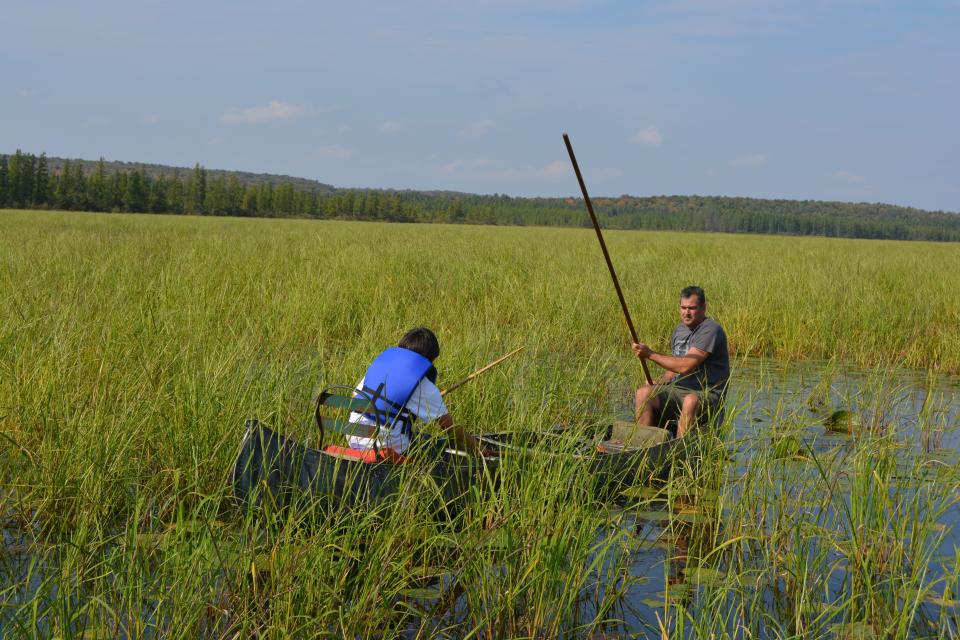
In 1854, a new political party opposing slavery emerged in Ripon and the nation elected Republican Abraham Lincoln to lead the fight for emancipation six years later. The South’s defeat in 1865 set a course for the nation to recognize the rights of all people regardless of race. The seeds of Lincoln’s presidency and the end of slavery were sown in Wisconsin.
At the turn of the century, Progressive Era leaders sought to correct an imbalance between powerful corporations and the nation’s emerging working class. Wisconsin’s Robert LaFollette became a national figure for his work in support of labor unions, government reform and civil liberties. The nation’s middle class owes a debt of gratitude to innovative ideas and policies created in Wisconsin.
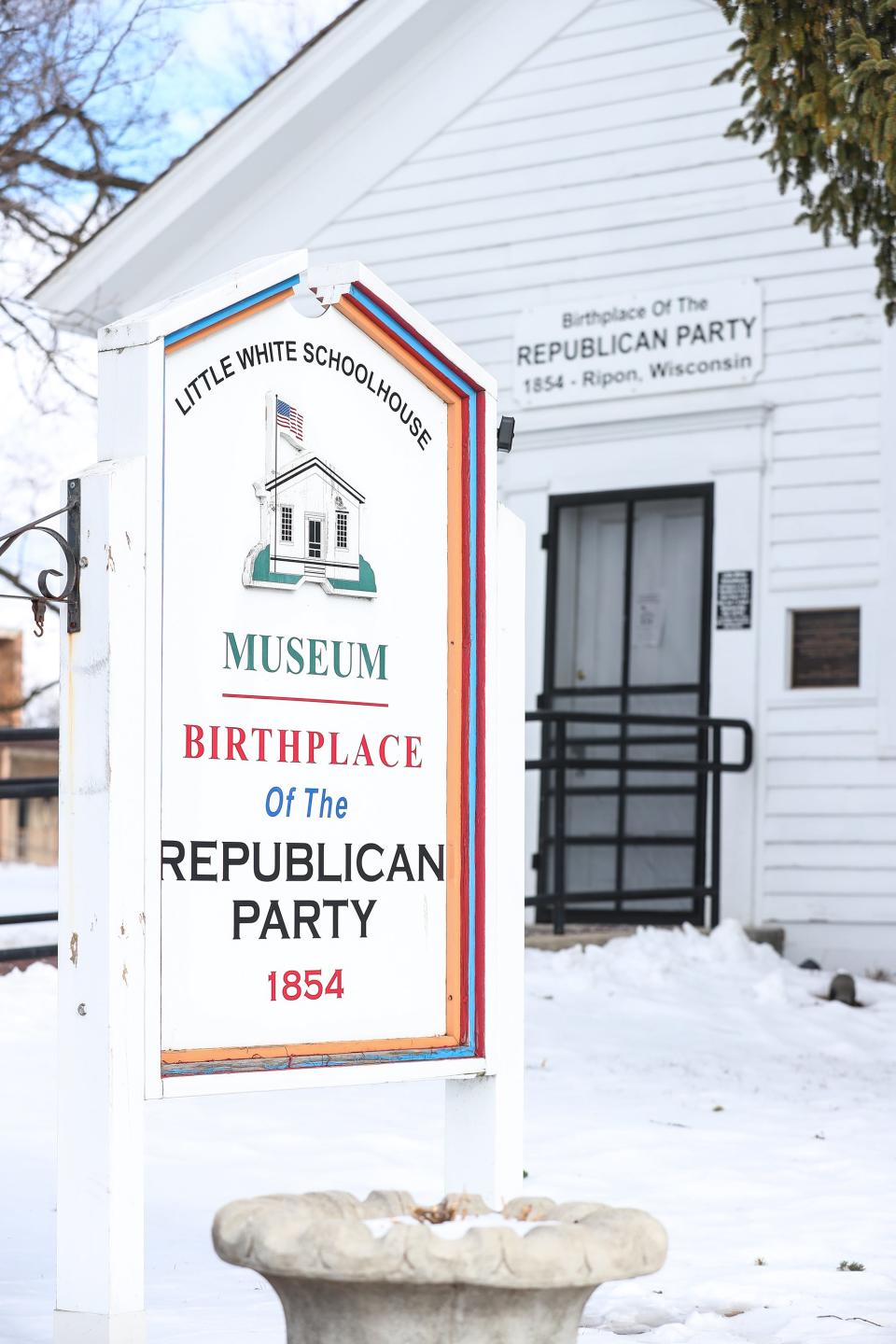
The University of Wisconsin, also founded in 1848, took on a higher calling in 1905 when President Charles Van Hise said he would “never be content until the beneficent influence of the university reaches every family in the state.” The UW has since served as a laboratory of social and scientific innovation helping people within and beyond our borders thanks to an idea, the Wisconsin Idea, formed in Wisconsin.
Women were long denied the right to vote and could not fully participate in our nation’s democracy. A major step toward correcting that injustice happened on June 10, 1919 when Wisconsin became the first state to ratify a U.S. constitutional amendment granting women voting rights. The nineteenth amendment was ratified in 1920 following a course that started in Wisconsin.
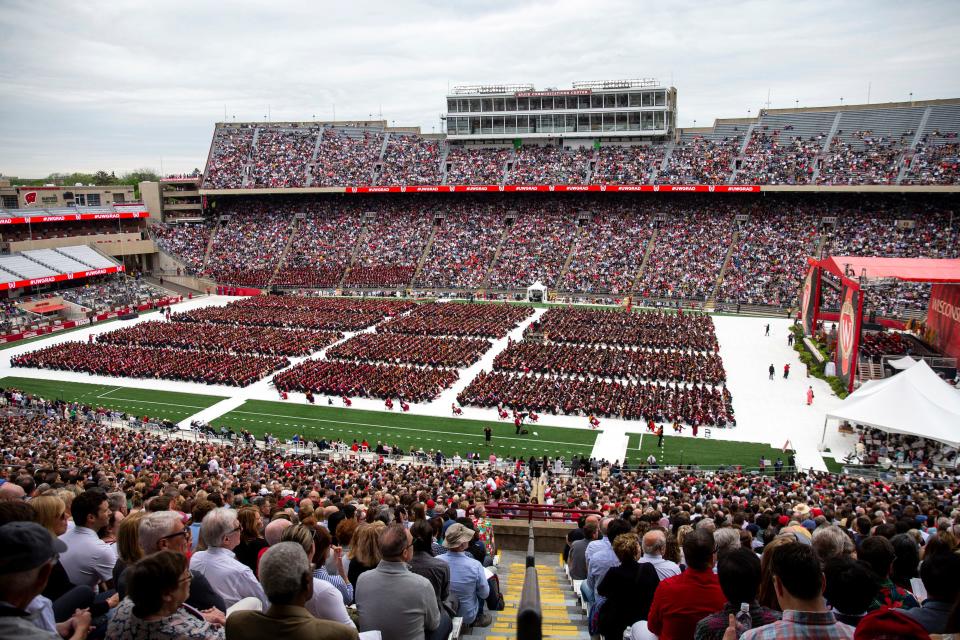
The Great Depression denied industrious men and women an opportunity to work. Wisconsin leaders created the nation’s first unemployment compensation program in 1935 as a safety net for those who, through no fault of their own, could not find jobs. Unemployment programs quickly arose in other states, but the national model started in Wisconsin.
When Milwaukee parents sought improved educational opportunities for their children, Democrats and Republicans united to create the nation’s first private school voucher program in 1990. Other states took note of Milwaukee’s success and today parental choice programs serve children in 32 states thanks to an idea that took root in Wisconsin.
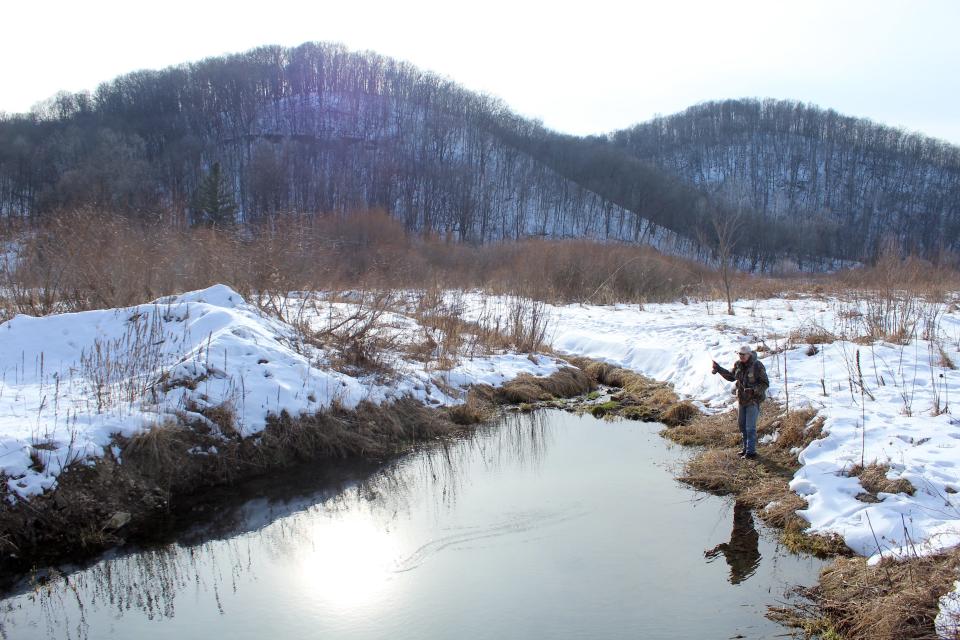
By the 1990s, President Lyndon Johnson’s War on Poverty programs were under scrutiny to emphasize personal responsibility and eliminate waste. Wisconsin again worked in a bipartisan fashion to win federal authority to incorporate work requirements into our welfare assistance programs. The federal government witnessed our success and enacted the Personal Responsibility and Work Opportunity Act in 1996. The national movement to shift welfare from entitlement to advancing personal dignity began in Wisconsin.
Our strong foundation of innovation built over our first 175 years positions Wisconsin as a national leader as we approach America’s next century and three principal assets stand out.
First, Wisconsin believes in education. Our top tier public and private schools are equipping children with the knowledge and skills necessary to meet challenges in their communities and beyond. And our technical colleges and the University of Wisconsin, the best higher education system in America, are training men and women of all ages with the expertise necessary to meet the toughest challenges facing our nation and the world. We must continue to invest wisely in our education system to keep Wisconsin on the leading edge.
Second, Wisconsin is the place where industry, government and education work together to identify problems and produce innovative solutions. Vitamin D, supercomputers, farm tractors, hydroelectric power, bone marrow transplants, the turbo tap and a lengthy list of other inventions and social reforms all got their start in Wisconsin. Let’s continue to seek opportunities for government, education and industry to collaborate on issues large and small because problem solving is in Wisconsin’s blood.
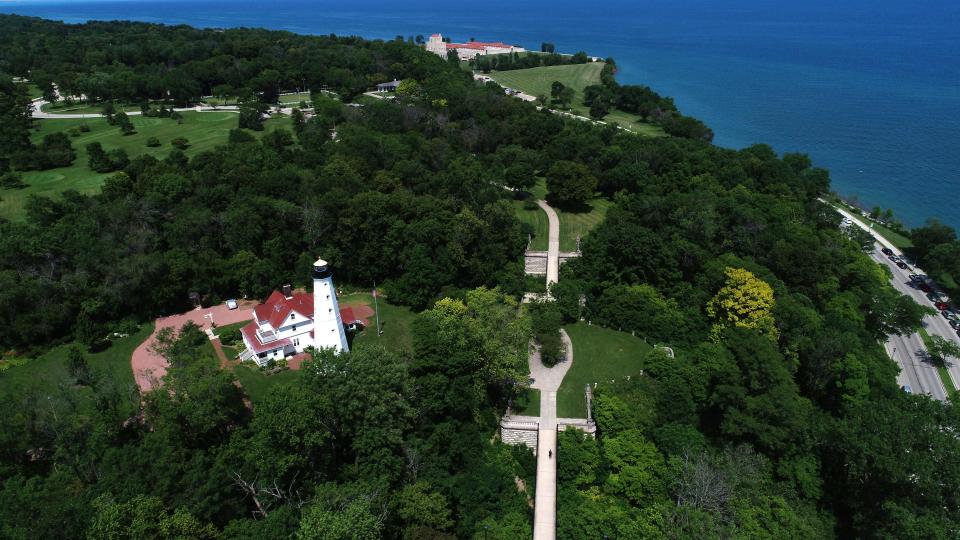
Third, the nation will look to Wisconsin because our geographic advantages will become even greater in the next century. As climate change makes Sun Belt states drier, businesses and families will look to Wisconsin for our abundant water resources, particularly those in the Great Lakes, the Mississippi River and groundwater. Our challenge will be to resist efforts to siphon water off to be transported to other places, but instead wisely protect and use our water to attract businesses and people to Wisconsin.
We must also recognize our land as a desirable geographic asset. Wisconsin has long been at the forefront of land conservation efforts and we must not squander years of investment in agricultural, recreational and mineral rich lands that will continue to make Wisconsin an attractive place to live and work.
I could not be prouder than to live in this state that for 175 years has led on so many critically important issues. With our rich history, abundant resources and industrious people, Wisconsin should look boldly to a future where families can prosper, industries can confidently invest and the nation can find answers to our toughest problems. Happy birthday, Wisconsin! Our best is yet to come.
Tommy G. Thompson was elected governor of Wisconsin four times, serving from 1987 to 2001, when he became Secretary of the U.S. Department of Health and Human Services for four years. He previously served in the State Assembly from 1966 to his election as governor and most recently spent nearly two years as the interim president of the University of Wisconsin System.
This article originally appeared on Milwaukee Journal Sentinel: Wisconsin became a state on May 29, 1848, celebrates 175th birthday.

